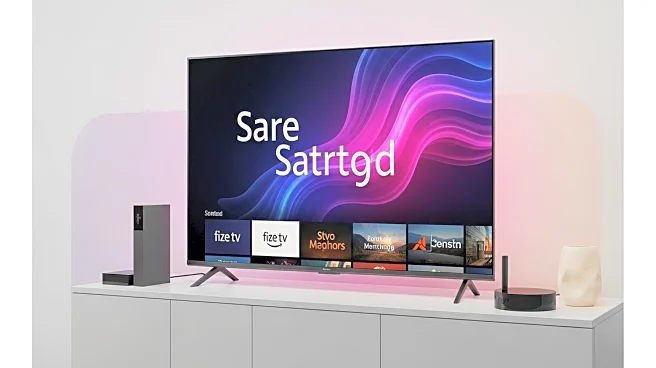What's Happening?
As prices for various services such as gym memberships, streaming services, and utilities continue to rise, consumers are encouraged to negotiate their bills to manage expenses effectively. Many companies have increased their prices, with Netflix and Disney+ among those raising subscription fees. Consumers are advised to use their phones to negotiate better deals, especially for services with multiple competitors. Essential services like utilities may offer hardship programs or income-based assistance, which can be beneficial for middle-class households. Negotiating bills can lead to significant savings, and consumers are urged to review their monthly statements to identify potential savings opportunities.
Why It's Important?
The rising costs of everyday services can significantly impact household budgets, especially as inflation continues to affect the economy. By negotiating bills, consumers can potentially reduce their monthly expenses, freeing up funds for other necessities or savings. This practice not only helps individuals manage their finances better but also encourages companies to offer competitive pricing and discounts to retain customers. As more consumers become aware of their ability to negotiate, it could lead to broader changes in how companies approach pricing and customer retention strategies.
What's Next?
Consumers are likely to continue seeking ways to reduce their expenses as economic pressures persist. Companies may respond by offering more flexible pricing models or loyalty discounts to retain customers. Additionally, the rise of bill negotiation services and apps could see increased usage, although consumers are advised to be cautious about sharing sensitive information with third-party services. As negotiation becomes more common, it may lead to a shift in consumer behavior, with more individuals actively managing their subscriptions and expenses.
Beyond the Headlines
The trend of negotiating bills highlights a growing consumer awareness and empowerment in financial management. It also underscores the importance of financial literacy and the ability to navigate complex billing systems. As consumers become more proactive in managing their expenses, it could lead to a cultural shift towards greater transparency and fairness in pricing across various industries.











